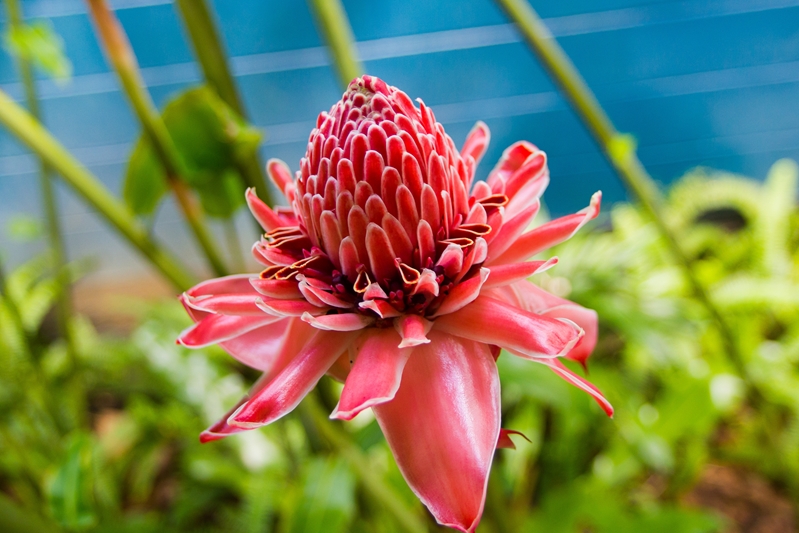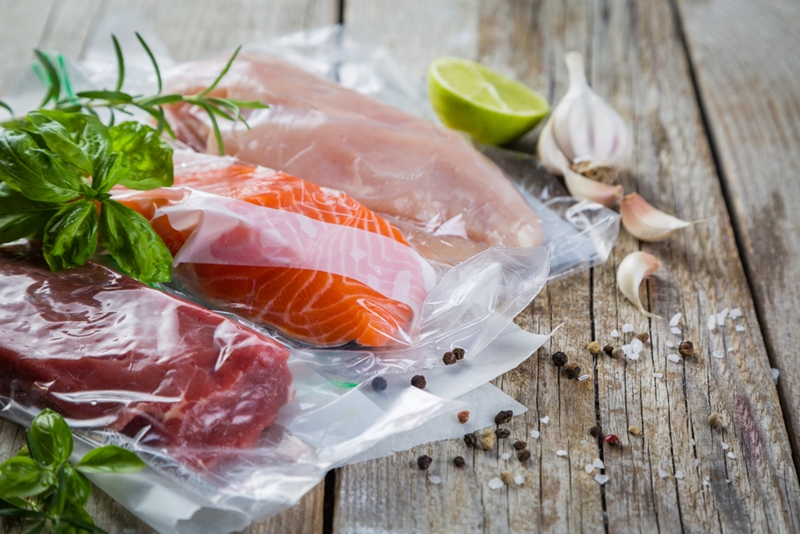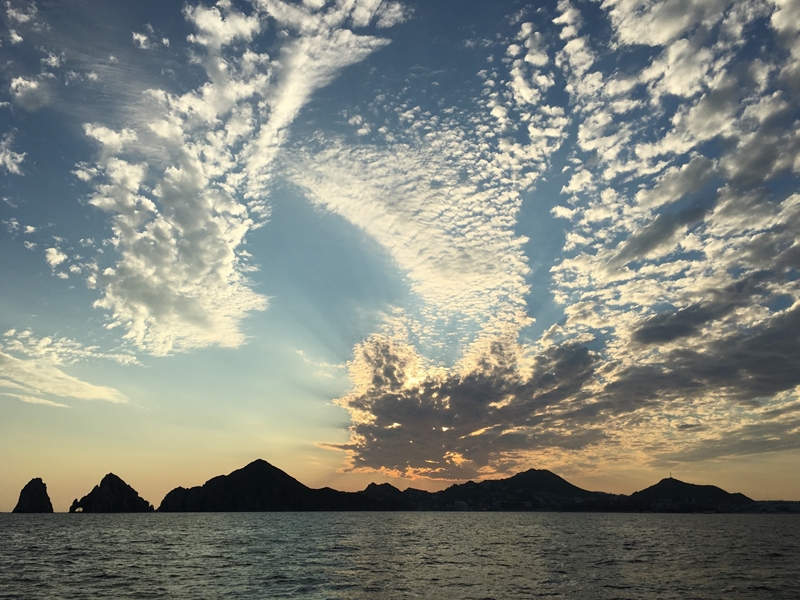What was on the agenda at the 2017 Pacific Islands Forum?
he Pacific Islands Forum (PIF) is one of the biggest events of the year for those living in the Pacific. Member countries include Australia, New Zealand, Fiji, Samoa and Papua New Guinea, all the way down to small nations like the Federated States of Micronesia.
Once a year, delegates from each nation meet at the PIF to table agreements and focal points for the short- and the long-term. With the 2017 PIF held in Apia at the beginning of September, it's time to go over some of the big issues and takeaways from the forum's agenda for everyone in the Pacific.
Building a regional agenda
The Framework for Pacific Regionalism (FPR) was a big focus at the 2017 Pacific Islands Forum, with a particular focus on policy development. This promotes shared stewardship of the Pacific Ocean under The Blue Pacific system, wherein countries collaborate with one another and the private sector to create legislation that helps all nations grow.

Essentially, it is a push towards having a greater Pacific identity – all party nations are part of something bigger than themselves, trading with one another constantly. By focusing on the good of a collective group of nations when developing policy, everyone can benefit.
Strengthening of responses to ocean issues
Ocean-related issues are not restricted to one nation or one industry – they are cross-platform struggles in the truest sense. At the 2017 PIF, Pacific leaders reaffirmed their support for addressing this by giving the Office of the Pacific Ocean Commissioner greater powers.
Specifically, there was a push for the Office to begin negotiations with the United Nations on a new agreement that would sustain biodiversity in parts of the ocean that are beyond a single nation's jurisdiction. While this is unlikely to have tangible impacts in the near future for those looking at working in the Pacific, it's the kind of framework that ensures processes are in place should problems arise.
More action on sustainability around plastic
The push against plastic is happening worldwide and was high on the PIF agenda. This is crucial as any plastic waste from Pacific nations can pose an immediate maritime and environmental threat, especially in nations with a high volume of tourist traffic.

To this end, Pacific leaders agreed at the 2017 PIF to accelerate legislation that would prohibit single-use plastic bags, as well as packaging made of plastic or styrofoam. This follows countries as widespread as Rwanda, China, Bangladesh and (in some industries) France.
Increased support for fisheries
Many parts of the Pacific rely on fishing trade to support economic growth, but the 2017 PIF saw the acknowledgment of disparity between regional and national policies on the sector. In particular, Pacific nations agreed to push for synthesised approaches to monitoring and regulation of the fishing industry, to minimise illegal or unreported activity.
Some nations have opted for measures that favour their own sovereignty, which has been pushed back on in favour of supporting all nations in establishing sustainable fishing practices.

New members
While there are dozens of nations present at the PIF, not every part of the Pacific is represented. At the 2017 forum, leaders recognised the work done by French Polynesia to achieve member status, which should be formalised in the near future.
This could bring its objectives in line with the bulk of what leaders agreed upon at the forum.
Building a stronger future for the Pacific
This is just the beginning of what the 2017 PIF covered. Climate change objectives, PACER Plus acknowledgements and condemnation of security threats were all crucial steps taken by members nations throughout the week-long meeting.
Much of this will influence the way expat employees work and live in the Pacific – staying on top of these developments will give everyone a better understanding of the Pacific experience.







